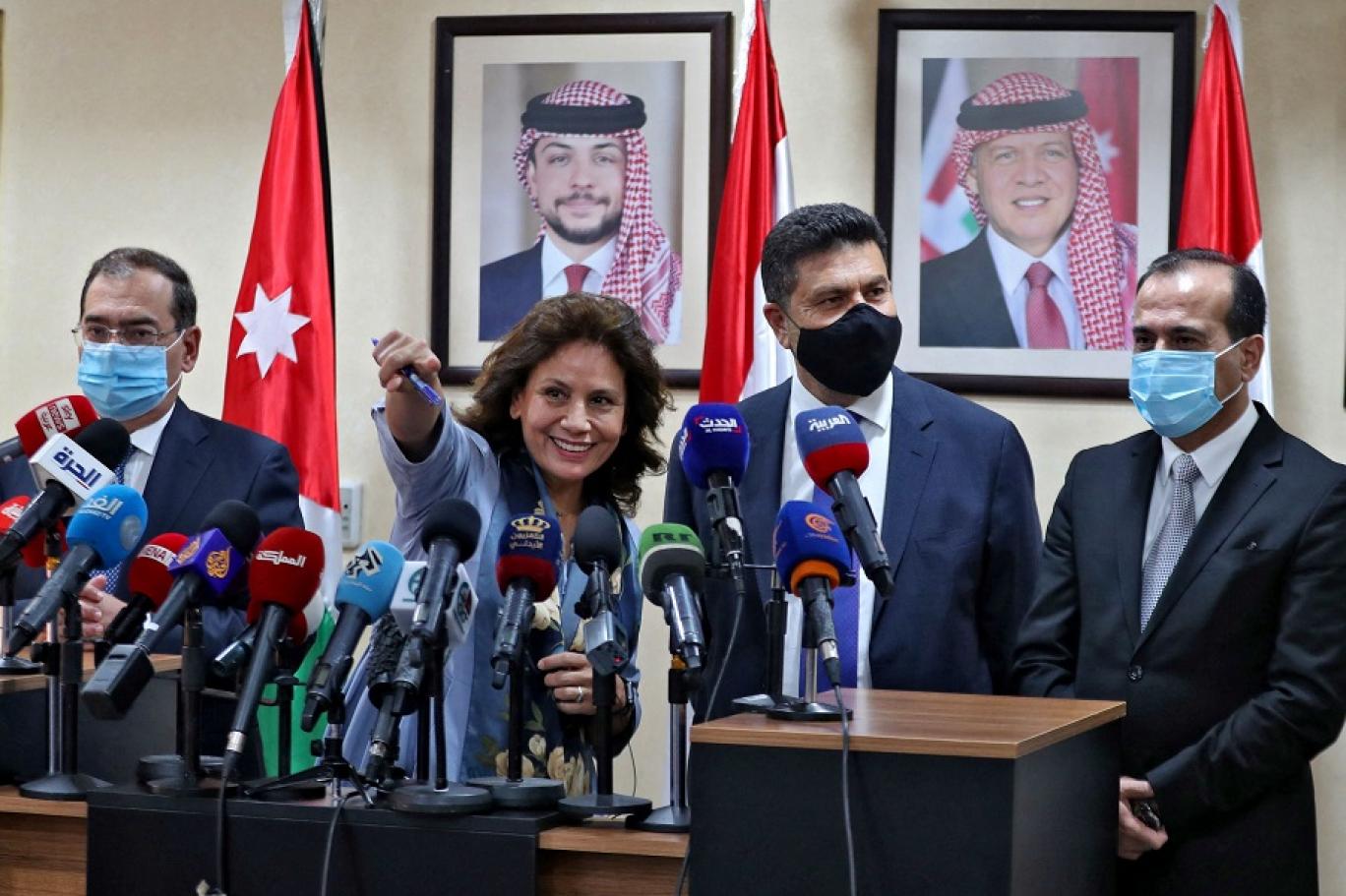The energy ministers of Egypt, Jordan, Syria and Lebanon agreed on a plan to provide crisis-stricken Lebanon with gas and electricity following a Wednesday meeting in Amman.
“We have put a roadmap with the ministers so that within the coming few weeks we can ensure that everything is ready so that we can after this review begin pumping gas at the earliest opportunity,” said Tarek El Molla, Egypt’s Minister of Petroleum and Mineral Resources.
Frequent electricity cuts have plagued Lebanon as access to imported fuel and gas becomes increasingly difficult in the midst of the country’s worst economic crisis in decades.
Businesses and residents have had to largely rely on private generators, whose costs of operation and repair have mounted well beyond the local minimum wage as the Lebanese currency plummets against the dollar. The lira has lost more than 90 percent of its value since 2019.
The World Bank previously labelled Lebanon’s situation as one of the top three worst economic crises since the mid-19th century. As of now, 74 percent of the population has sunk below the poverty line.
Lebanese Energy Minister Raymond Ghajar said the country requires “600 million cubic metres (21 billion cubic feet) of gas to provide 450 megawatts of electricity.”
Estimates suggest Lebanon, at peak summer demand, requires 3,400 MW of electricity. In 2019, the state-run electricity provider had an average capacity of just over 2,000 megawatts while the “private generator mafia” covered the rest of local needs.
The electricity sector’s deficit runs high, estimated to be a quarter of Lebanon’s budget deficit, with reforms considered necessary to cutting down on public debt.
The agreed-upon energy plan by the nation sees Egypt transferring natural gas to Lebanon via Jordan and Syria. The plan relies on the transnational Arab Gas Pipeline, which has been damaged in recent years due to the ongoing war in Syria.
Damage to the pipeline and electricity lines means the gas cannot be transferred before repairs are fully carried out.
As per Jordan’s Minister of Energy and Mineral Resources Minister Hala Zawati, “it will take several months to repair the damaged electric lines in Syria.”
Zawati added that the infrastructure is “almost ready, but there are still repairs” to be undertaken.
Lebanon will work with the World Bank in order to secure sufficient financial resources to pay for energy imports from Egypt, as per a statement by Ghajar.
The US, in part, has given “rare approval” for the Arab neighbors to escape punishment under sanctions targeting the Syrian regime in a bid to help revive the Lebanese economy.


